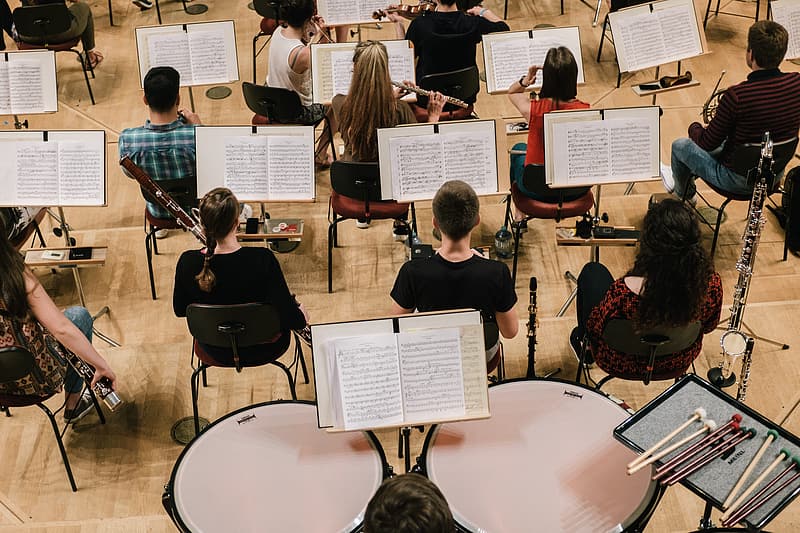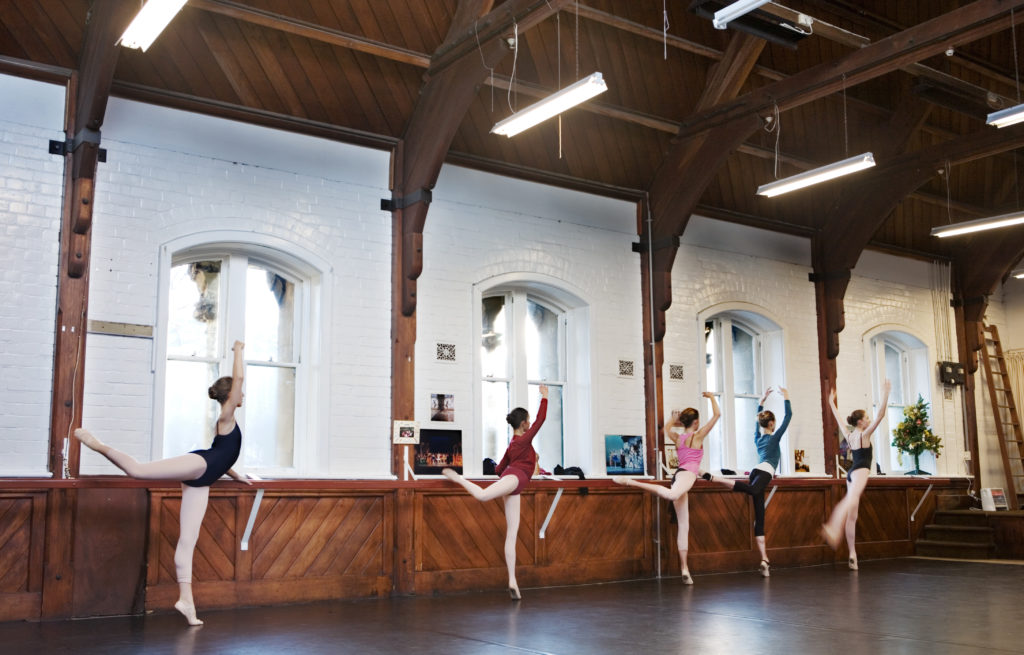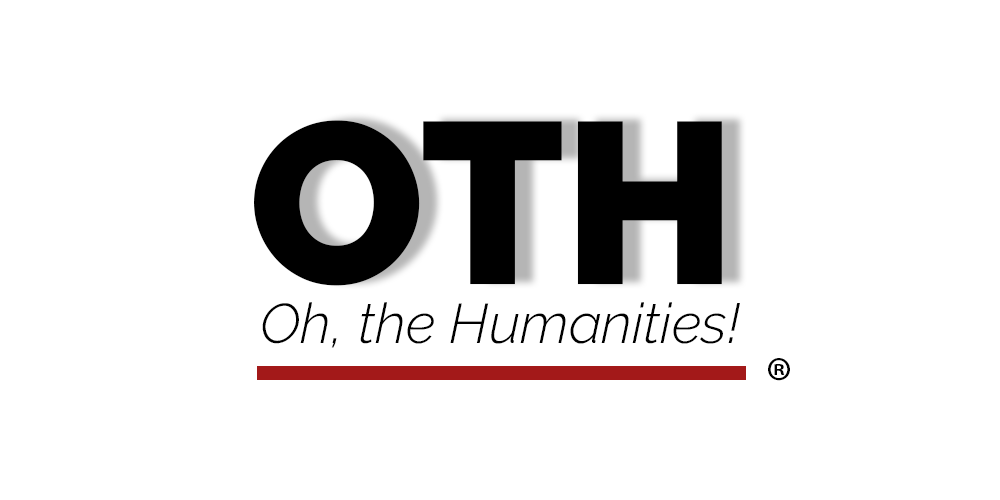The Pandemic Brain Drain
By Precious McKenzie
To say 2020 has been a year like no other is trite. For many Americans it has meant the loss of loved ones due to COVID-19. It has also brought anxiety, fear, and political divisiveness over matters of public health. The United States is currently facing an economic crisis of staggering proportions. A Pew Research Center study found that, as of late September 2020, “one-in-four adults have had trouble paying their bills since the coronavirus outbreak started, a third have dipped into savings or retirement accounts to make ends meet, and about one-in-six have borrowed money from friends or family or gotten food from a food bank” (Parker). People in the lower economic categories were hit the hardest by the pandemic—specifically women, minorities, and people without college degrees (Parker). A year like no other? Let’s pray that it is only a year.
Will the physical, emotional, and economic health of our nation rebound? I’d like to be optimistic and say, “Perhaps.” But when? Reade Pickert, Yue Qiu and Alexander McIntyre, in an article for Bloomberg.com, find some advances in the financial sector. But they point out that “The number of long-term unemployed surged by 1.2 million in October and now make up about a third of the total unemployed. Meantime, applications for state unemployment insurance were little changed in the latest week and remain extremely high, underscoring churn in a labor market that’s recovering only gradually. It will take time—and a vaccine—for the jobs market to return to its pre-pandemic strength.” (Reade Pickert et al.).

Time. It will take time to recover from the economic hit caused by the pandemic. That vague answer of “time” is not particularly reassuring for people who are out of work and struggling to feed their families. Nor is it reassuring to those of us who work in higher education in the United States. As of October 15, 2020, according to the National Student Clearinghouse, enrollment was down across U.S. institutions, including community colleges. Executive Director Doug Shapiro reports “freshman students are by far the biggest decline of any group from last year, with a decrease of 16.1% nationally and a 22.7% drop at community colleges in particular. First-time students account for 69% of the total drop in undergraduate enrollment.” (Sedmak). Declining freshman student populations equate to declining revenue for colleges. Specifically, U.S. institutions are in dire situations because of a decline in tuition revenue, a decrease in state funding, and budgetary reductions. The immediate future seems bleak for American colleges and universities.
According to an article published by The Chronicle of Higher Education, by September 2020, the American higher education system cut approximately a tenth of their employees since the start of the pandemic. That translates to about 484,000 employees since February (Bauman). Programs hit hardest by budget reductions and faculty lay-offs are in the humanities and fine arts, programs that have been working on shoe-string budgets for decades. Across the U.S., these programs are on the verge of collapse because of the pandemic. In The Chronicle for Higher Education article, “Can These Degree Programs, Under Assault for a Decade, Survive a Pandemic?,” Dan Bauman reports on a variety of colleges which are cutting foreign language programs and other small programs such as religion, using the rationale that if a program does not “generate enough enrollment and tuition revenue,” it does not “warrant its continuation.” A program’s elimination might “lead to greater savings for the institution.” (Bauman). With this distressing utilitarian trend, American colleges might see cost reductions for the short term. But what will it mean for the long term? After the pandemic?
Without vibrant humanities and arts programs, what will American society look like in the years to come? The humanities teach us to read deeply and widely, to think critically about the multitude of dilemmas that we face. The humanities teach us to be creative, think creatively, solve complex problems. The disciplines teach us to question, to live ethically, to argue for human rights, to be an engaged citizen. Without the humanities, we are surely destined to become a vast population of serfs. As former Yale professor William Deresiewicz has said: “An educational system that relegates most people to technical or vocational training is a system designed for an oligarchy…To discourage people from an education in the humanities is to exclude them from the fields that shape the way we think and therefore the way society looks—fields such as law, journalism, academia, the arts and media.” (Hertog). Yes, there are jobs out there for students who major in the arts and the humanities. Jobs in media, law, education, communications, human resources, management, tech, public relations, marketing, and more. Research suggests employers don’t necessary need employees with hard tech skills. They can teach them to use tech on the job. What they can’t teach them is how to analyze a problem, think critically, and problem solve creatively (Moran).
With this distressing utilitarian trend, American colleges might see cost reductions for the short term. But what will it mean for the long term? After the pandemic?
If we have learned nothing else from the COVID-19 pandemic thus far it is that, in addition to solid public health systems, we need the arts and humanities. And we need them desperately. To tell our stories. To bring us closer together. To help us fight for justice. To help us take care of one another. To entertain us. To let us sing. And dance. And make art. Even in isolation. The humanities and arts are the very life blood of who we are as a nation. Our democracy. Our hearts. Our souls. Our very survival.

Yet what can we do, as individuals, to prevent the culling of the humanities and fine arts programs in colleges across the United States?
First, make courses in the humanities and fine arts a requirement for all students. Through these classes, students will become critical thinkers and creative problem solvers. These are, after all, skills employers want.
Next, fund the programs. Foundations and government programs have been generously funding STEM programs for years. Now is the time to step up and bolster the humanities and the arts. If you are able, give. Donate to specific college programs. Donate to scholarship funds for students.
Then encourage students to major in the humanities and the arts. They will find jobs. They will earn, on average, the same starting salary as other college graduates. There’s data to prove it.
Vote. Vote for legislators who will fund higher education programs across the board, not just STEM fields. Vote for legislators who are pro-education, not those who are dead-set at dismantling higher education and its democratic values.
And, lastly, reach out into your community. If you are able, shop at your local independent bookstore, support your local art museums, symphonies, music venues, dance studios, and theatres. Put your money where your heart is. Now is the time. Support our humanities. Support higher education.
Works Cited
Bauman, Dan. Can These Degree Programs, Under Assault for a Decade, Survive a Pandemic? 30 October 2020.
webpage. 14 November 2020. <https://www.chronicle.com/article/can-these-degree-programs-under-assault-for-a-decade-survive-a-pandemic?cid=gen_sign_in>.
—. Colleges Have Shed a Tenth of Their Employees Since the Pandemic Began. 10 November 2020. webpage. 14
November 2020. <https://www.chronicle.com/article/colleges-have-shed-a-tenth-of-their-employees-since-the-pandemic-began>.
Hertog, Judith. Why We Need the Humanities. March-April 2017. webpage. 14 November 2020.
<https://dartmouthalumnimagazine.com/articles/why-we-need-humanities>.
Kim Parker, Rachel Minkin, Jesse Bennett. Economic Fallout From COVID-19 Continues To Hit Lower-Income Americans
the Hardest. 24 September 2020. webpage. 13 November 2020. <https://www.pewsocialtrends.org/2020/09/24/economic-fallout-from-covid-19-continues-to-hit-lower-income-americans-the-hardest/>.
Moran, Gwen. No, Humanities Degrees Don’t Mean Low Salaries. 10 December 2019. webpage. 14 November 2020.
<https://fortune.com/2019/12/10/humanities-degree-jobs-salaries/>.
Reade Pickert, Yue Qiu and Alexander McIntyre. U.S. Recovery Loses Some Strength Amid Virus Surge, Cool Weather. 9
November 2020. web. 14 November 2020. <https://www.bloomberg.com/graphics/recovery-tracker/>.
Sedmak, Ted. Fall 2020 Undergraduate Enrollment Down 4% Compared to Same Time Last Year. 15 October 2020.
webpage. 14 November 2020. <https://www.studentclearinghouse.org/blog/fall-2020-undergraduate-enrollment-down-4-compared-to-same-time-last-year/>.
